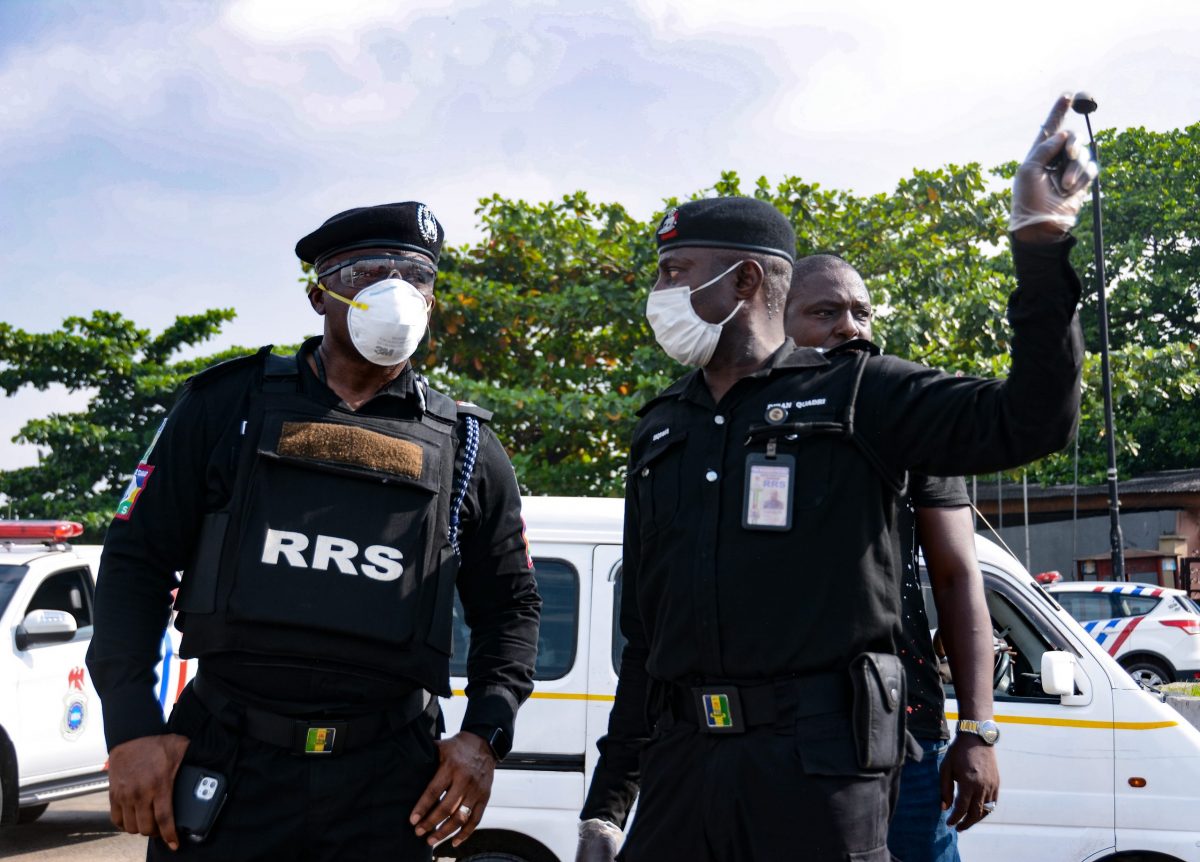This very specialist field requires a wealth of experience not only in the initial response period but in the background setup of operational capability and response on the ground within the clients existing infrastructure.
Blue Border Africa has it’s routes in West Africa with our main regional hub based in Lagos, Nigeria. We are on the ground and active within the continents hotbed of Kidnap for Ransom activity. Not only at sea but on the land.
How we can help –
– Initial Crisis Response –
- Rolling assessment of the situation as it develops. We provide immediate support, contacting the client of notification of incident (assuming BBA is the appointed K and R crisis response provider). Following this initial discussion our team leader will produce a detailed assessment of the threat of perpetrator, regional capability and representation and deliver an intelligence brief based on existing open source material and in house registry of former events fitting the crisis.


- Deployment of our four person team of crisis response specialists, comprising of intelligence analyst, regional threat specialist dealing with local officials and source assets, hostage negotiator and team leader who manages the client relations and briefings. Our team will arrive within 24 hours of clients request to attend.
- Ongoing external and internal communication support to family and loved ones. Making sure they are kept in the loop on how we intend to respond and recover the victims. (operational security restrictions apply during this time).
- Upon completion of mission we shall work with our client to mitigate any future risk and offer advice on business continuity and protection. The team remains with the client until the recovery of persons is complete and a debrief takes place with continued support to client operations and to assist with any media requests. During this process our intelligence specialist will work with the persons effected (if consent is given) to appraise their experience and build a better understanding of what took place and why. This intelligence can then be packaged into future training material to build protocols to help alleviate repeat incidents.

